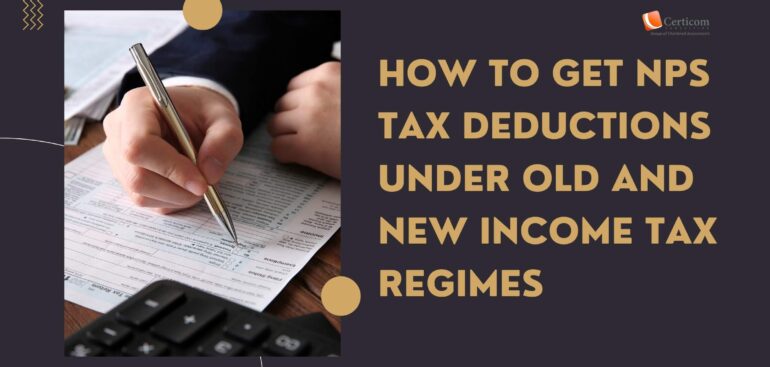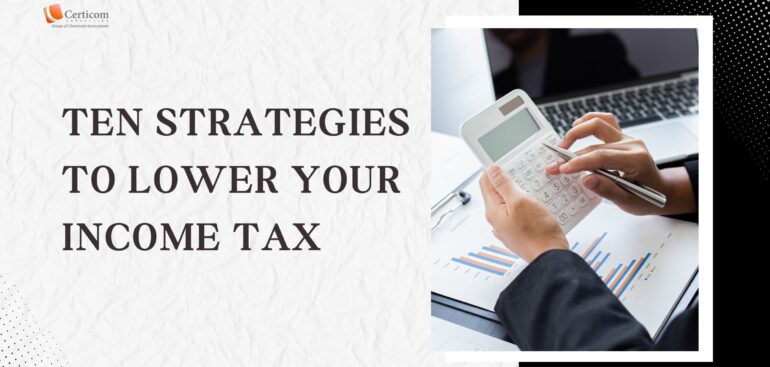Five Lesser-Known Approaches to Trim Your Tax Liability

Income tax documentation from employees is requested by firms in January. The many tax saving strategies available to taxpayers under the previous tax regime, as those outlined in Section 80 C of the Income Tax Act, are well known to them and can result in significant tax savings. A large number of them, though, have not invested.
They come to see how crucial it was when their employers request investment proof from them.
1. Give your parents their rent money
You can get HRA by paying your parents’ rent if you live with them and aren’t eligible to receive HRA.
You cannot, however, claim HRA if you are receiving any other housing tax benefit.

2. Give interest to parents
You can borrow money from your parents to pay for household expenditures, but you will have to pay interest if they are not taxed or are in a low tax bracket.
But remember to obtain an attested document of interest payment to qualify for tax exemption.
You won’t be eligible for a tax exemption if you can’t produce this documentation.
This tax exemption is available to you under Income Tax Section 24B.
The maximum discount available under this is Rs 2 lakh.
3. Exemption from taxes on pre-nursery fees
You can still receive a tax exemption on your child’s tuition even if he is enrolled in playgroup, pre-nursery, or nursery despite his small size.
Despite being introduced in 2015, this tax advantage did not gain the same level of popularity as the school tuition fee deduction.
This exemption is available under Section 80C and applies to a maximum of two children’s expenses.
4. Purchase health insurance for your spouse and kids
You may take care of your parents’ health and save money on taxes at the same time.
You are free from paying taxes on the premium amount if you enroll your parents in health insurance.
You will receive a tax exemption on the first Rs 25,000 of premiums paid for your parents’ health insurance if they are under 65.
Your parents will receive a tax exemption of up to Rs 50,000 if they are over 65.

5. Tax exemption on parents' medical costs
Additionally, you are eligible for a tax exemption on your parents’ medical costs.
But, in order to do this, your parents must be at least 60 years old.
They frequently have to pay high medical costs at this age, which are exempt from taxes under Section 80D.
You are eligible for a maximum tax exemption of Rs 50,000 under this.
Related Post
Creating a Strategy for Tax Savings in FY25 with ELSS Mutual Funds
7 Essential Documents for Filing ITR AY 2024-25
Find the Suitable Income Tax Return Form for Filing Your Returns Here
Book A One To One Consultation Now For FREE
How can we help? *














